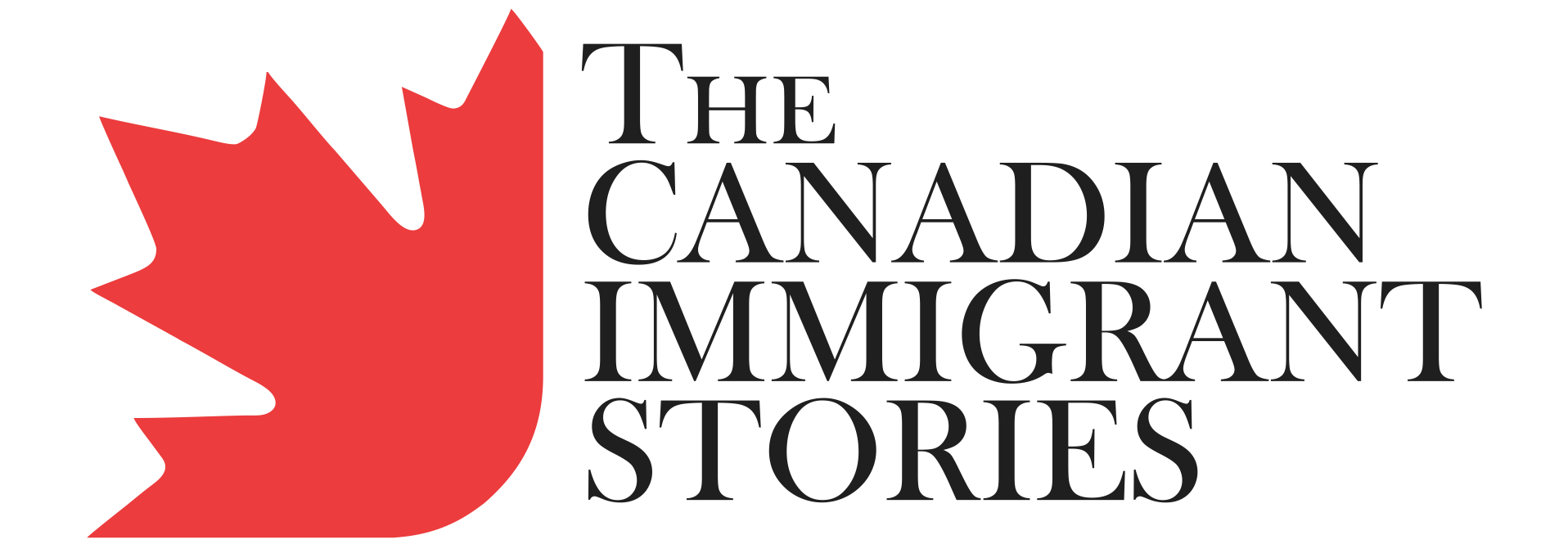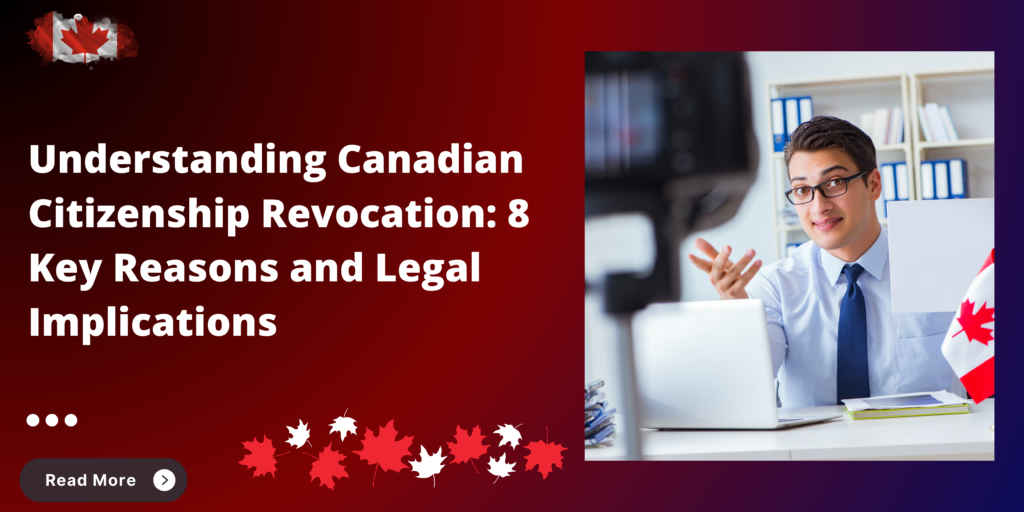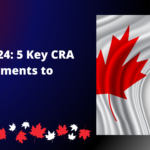Canadian citizenship is a significant achievement for immigrants and long-term residents alike, symbolizing belonging and the legal rights enjoyed within one of the world’s most respected nations. However, this cherished status can be revoked under specific circumstances, leading to serious consequences. In this post, we’ll explore the reasons for Canadian citizenship revocation, the legal process involved, and what individuals can do if they find themselves facing this situation.
What Is Citizenship Revocation?
Citizenship revocation is a legal process that strips an individual of their status as a Canadian citizen. This is not a decision made lightly; it is usually reserved for extreme cases such as fraud, criminal activity, or national security threats. Losing citizenship can have devastating effects, including the potential loss of permanent residency and the risk of deportation from Canada.
For those born in Canada, citizenship can only be renounced voluntarily. However, naturalized citizens—those who obtained citizenship through immigration—are at risk of revocation if they violate certain legal criteria.
8 Reasons for Citizenship Revocation
Understanding the grounds for revocation is crucial. Here are the primary factors that can lead to the loss of Canadian citizenship:
- Criminal Activities
Serious offenses like terrorism, espionage, or treason are significant grounds for revocation. Those found guilty not only break Canadian law but also breach the trust associated with citizenship. - Fraudulent Acquisition of Citizenship
Providing false information during the application process, such as using forged documents or concealing a criminal past, can result in revocation. Fraud undermines the integrity of Canada’s immigration system. - Dual Citizenship Violations
While Canada permits dual citizenship, complications can arise if individuals fail to disclose their status in another country, especially if they engage in illegal activities. - Involvement in Terrorism
Individuals involved in terrorism or activities threatening national security can face immediate revocation. Canada prioritizes the safety of its citizens and takes such threats seriously. - Military Service in a Foreign Army
Serving in a foreign military without proper authorization can lead to revocation. Canadians interested in foreign military service should seek legal guidance to avoid complications. - Loss of Permanent Residency
For naturalized citizens, maintaining permanent resident status is critical. Failing to meet residency requirements can result in loss of citizenship. - Serious Misconduct or Disloyalty
Acts of disloyalty or serious misconduct against Canada can trigger revocation proceedings. The government acts to protect national interests in these cases. - Procedural Non-Compliance
Failing to meet procedural requirements, like attending citizenship ceremonies or providing necessary documentation, can also lead to revocation.
The Legal Process of Citizenship Revocation
The revocation process is intricate, involving several legal steps:
Step 1: Notice of Intent to Revoke Citizenship
The Canadian government issues a Notice of Intent to Revoke Citizenship, outlining the reasons for revocation. The individual has 30 days to request a review in Federal Court.
Step 2: Federal Court Proceedings
If a review is requested, the case is taken to Federal Court, where the government presents a Statement of Claim. The individual then submits a Statement of Defence, making legal counsel essential.
Step 3: Federal Court Decision
The Federal Court assesses the case, either upholding or dismissing the allegations. If dismissed, the individual retains citizenship; if upheld, the process continues.
Step 4: Governor in Council Decision
Should the court support the government’s claim, a report is submitted to the Governor in Council for final review and potential revocation.
Step 5: Judicial Review
If citizenship is revoked, the individual has the right to request a judicial review by the Federal Court, providing a final opportunity to challenge the decision.
Legal Options and Support
If you or someone you know faces revocation of Canadian citizenship, seeking experienced legal counsel is vital. The complexities of citizenship revocation cases require guidance from legal professionals specializing in immigration law.
Protecting Your Canadian Citizenship
Understanding the factors leading to revocation, the legal process involved, and available options is essential for anyone at risk. Adhering to Canadian laws and maintaining residency requirements are crucial to safeguarding citizenship status. If concerns arise regarding your citizenship, consulting with a knowledgeable legal professional can help protect your rights.
What Happens After Citizenship Revocation?
Following revocation, individuals may lose permanent residency, especially if fraud was involved in both citizenship and residency applications. However, if revocation stems from an error in the application process, they may revert to permanent resident status. Challenges may persist, particularly regarding inadmissibility due to past misconduct.
Can Naturalized Citizens Lose Their Canadian Citizenship?
Yes, naturalized Canadians can lose their citizenship if it was obtained through false representation, fraud, or intentional concealment of material facts.
By understanding these critical aspects of citizenship revocation, individuals can take proactive steps to protect their status in Canada.



